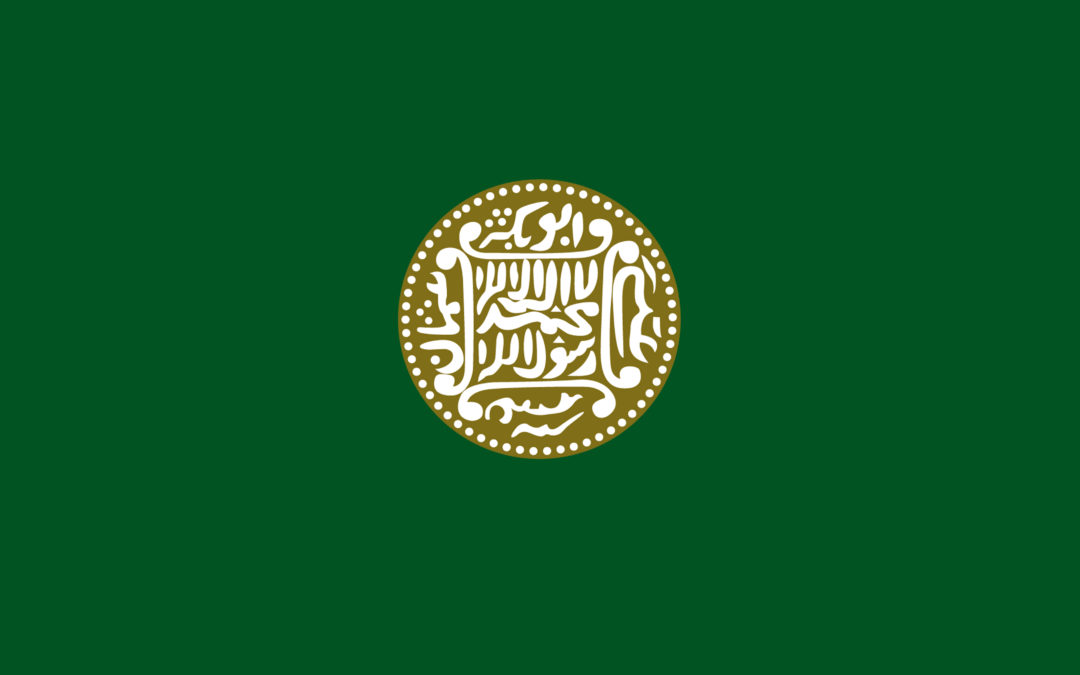Press Release: 16 January 2020
On January 8, 2020 the Government of Myanmar’s Ministry of Foreign Affairs issued a report titled “Rakhine State: A Snapshot of Myanmar’s current efforts for peace and reconciliation.” The 15-page report makes blatantly false claims that Myanmar has taken measures to promote peace in the Rakhine. In the report, Myanmar claims that it is addressing five large thematic areas which include access to education, preventing sexual violence, addressing hate speech (fostering inter-faith dialogue), reforming the security sector, and repatriation. But Rohingya continue to be subjected to harsh restrictions on their basic rights and freedoms.
Education
Educational measures do not include Rohingya children. Specifically as noted in this post at Rohingya Khobor – the Child Rights Law does not even recognize Rohingya children. While there are not enough schools for the Rohingya children even for elementary classes, most of the schools in Rohingya villages stand in ruin or are purposefully abandoned. The Buddhist teachers are mostly absent in classes as they are not interested to teach the Rohingya children.
The Rohingya students are unable to attend government schools in detached non-Rohingya places for lack of security or protection. Particularly the Muslim students living in IDP camps and ghettos are at great risk. Since many years the Rohingya students have been barred from higher studies in country’s colleges, universities and seats of learning despite all merits for admission. Lots of Rohingya students had to give up their studies although some of the students try to rely on limited distance learning courses amidst various restrictions and difficulties, where quality education and professional courses are unavailable even for the meritorious students.
Sexual Violence
Myanmar has done nothing to address the systemic sexual violence that is perpetrated by the Tatmadaw as part of its genocidal campaign towards the Rohingya. This behaviour is repeated in other states throughout Myanmar. Further, the Ministry of Foreign Affairs has complimented itself on its report “” The Situation of Muslim Women and Girls in Northern Rakhine State” sent to the UN Committee on the Elimination of Discrimination against Women (CEDAW), yet did not address the Committee’s pointed statement, “Myanmar’s continued denial of the accusations of acts of violence and sexual violence against Muslim women in Rakhine state by its security forces, despite documented evidence of mass atrocities, including widespread killings, torture and rape, as well as indications that sexual violence was orchestrated and perpetuated by Myanmar’s armed forces, guard police and militias.” As noted during the December 2019 International Court of Justice proceedings, “the word ‘rape’ did not once pass the lips of the agent.” The leadership of Myanmar has shown a blatant disregard for the sexual violence repeatedly exhibited towards the Rohingya people.
Hate speech
The current iterations of the hate speech laws are called into question by civil society and the United Nations. Specifically, the drafting of the bills leave more power in the hands of those who are culprits of disseminating and encouraging hates towards Rohingya people. Just recently, Rohingya rights groups have asked the Myanmar Press Council to review the rhetoric, as it is tantamount to hate speech. Myanmar has allowed for the continued use of racist and pejorative terms, calling into question the sincerity of hate speech laws. A new addition to the hate speech regime now includes reprisals which have been taken against human rights activists who have been advocating for justice for the Rohingya.
Security Sector
The Independent Commission of Inquiry is run by friends of Myanmar. The international community must call into question the veracity of the findings of the ICOE. Among the panel members is a representative from Japan. Recently the Japanese Ambassador to Myanmar Ichiro Maruyama denied any wrongdoing in the Rakhine. Before the International Court of Justice, Aung San Suu Kyi stated that the four officers and three soldiers who were given a sentence to ten years in prison with hard labour. Yet she went on to state that they were “given a military pardon” and “many of us in Myanmar were unhappy with this pardon.” The State Councilor has pointedly expressed the problem with the ICOE yet at the same time is defending the corrupt process.
Repatriation
Finally, Myanmar has noted in the report that two attempts at repatriation failed in 2018 and 2019, but does not discuss whether it has rectified the issues that caused the failure. Since that time, Myanmar has been brought into Court for its failure to uphold its legal obligations under the UN Genocide Convention. To date, by its own admission, the conflict between the Tatmadaw and the Arakan Army has caused security issues, thus calling into question what measures it could be taking for a safe return. Furthermore, even if the conflict were to stop other issues continue to present problems – including but not limited to food security, landmines, and the land confiscations. The land confiscations highlight the propaganda machine of the government. One should consider if the Rohingya have no lands to return to – how can Myanmar truly claim it is closing the IDP camps?
ARNO calls upon the government of Myanmar to stop inaccurate reporting and conflating of statistics and programs which continue to mislead the international community with regards to the situation in the Rakhine.
For more details, please contact:
Dr Mohammad Habib Ullah +1-4438158609 or email at info@rohingya.org
- https://rohingyakhobor.com/myanmar-enacts-the-child-rights-law-what-is-there-for-the-rohingya-children/
- https://www.ohchr.org/EN/NewsEvents/Pages/DisplayNews.aspx?NewsID=24201&LangID=E
- https://rohingyakhobor.com/myanmar-enacts-the-child-rights-lhttps://theaseanpost.com/article/suu-kyi-warns-un-not-reignite-rohingya-crisisaw-what-is-there-for-the-rohingya-children/
- https://www.article19.org/resources/myanmar-proposed-hate-speech-law-endangers-free-expression-and-will-not-prevent-conflict-or-violence/
- https://thediplomat.com/2019/12/myanmars-rohingya-vs-bengali-hate-speech-debate/
- https://thediplomat.com/2016/05/myanmars-religious-hate-speech-law/
- https://news.un.org/en/story/2019/12/1053121
- https://www.rfa.org/english/news/myanmar/japanese-ambassador-voices-support-12262019163626.html
- https://www.aljazeera.com/news/2019/12/transcript-aung-san-suu-kyi-speech-icj-full-191212085257384.html
- https://www.rfa.org/english/news/myanmar/aid-group-ends-food-program-01082020170019.html
- https://www.reuters.com/article/us-myanmar-rohingya-explosion/four-rohingya-children-killed-in-blast-in-myanmars-rakhine-state-idUSKBN1Z61K1
- https://www.irrawaddy.com/news/burma/state-counselor-led-development-agency-denies-accusations-land-seizures-icj.html
